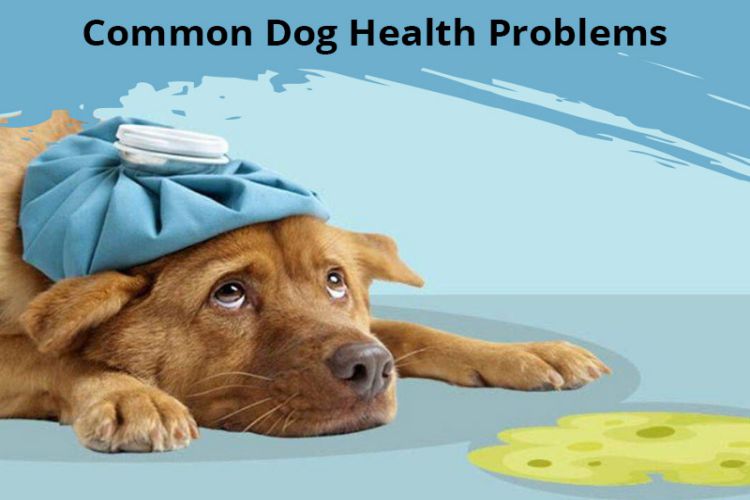 The final thing you want to consider before adopting a dog is any potential health issues. Unfortunately, health issues with your pet can affect anyone at any age—young, old, and everyone in between. As you are all aware, joint discomfort is a common health issue that can be effectively treated and resolved with 4cyte for dogs. But being a good pet parent entails becoming knowledgeable about the most typical signs of canine illness and ensuring you have access to a veterinarian before it is too late. Consequently, this article briefly discusses the most prevalent health issues affecting dogs.
The final thing you want to consider before adopting a dog is any potential health issues. Unfortunately, health issues with your pet can affect anyone at any age—young, old, and everyone in between. As you are all aware, joint discomfort is a common health issue that can be effectively treated and resolved with 4cyte for dogs. But being a good pet parent entails becoming knowledgeable about the most typical signs of canine illness and ensuring you have access to a veterinarian before it is too late. Consequently, this article briefly discusses the most prevalent health issues affecting dogs.
Allergy
More frequent than food allergies, dog skin allergies need ongoing care. Atopic dermatitis, which causes dogs to scratch excessively because of their red, itchy, and scaly skin, is the most common type of skin allergy. Like people, many dogs experience seasonal flare-ups of their skin allergies in the spring and summer when allergens are in abundance. Though they cannot be cured, allergies are easily controlled. Medications like Benadryl for dogs can treat skin allergies, but prescription diets may be necessary for food allergies.
Cataracts
Since it can significantly affect a dog’s look, this is a severe health concern, particularly for elderly dogs. Light cannot reach the retina when the lens becomes cloudy or cloudy, and vision is lost. Cataracts can form in one or both eyes, develop slowly or quickly, and result in vision loss or blindness. A white, bluish, or grey spot in the middle of the eye and behavioural modifications brought on by reduced vision are examples of cataract symptoms. Both sickness and ocular damage can result in cataracts. Dogs may have cataracts from birth or when a puppy matures during the first few weeks.
Dental disease
By the time they are three years old, dental disease affects roughly 80% of dogs. Periodontitis, a form of dental illness that affects the tissues that support the teeth, such as the gums, is a prevalent condition in canines. Periodontal disease symptoms include drooling excessively, having trouble eating and swallowing, and having poor breath. Periodontal disease typically lasts a lifetime once it develops. However, you can control it to prevent it from worsening. The best defence against major dental issues is routine at-home brushing and annual veterinary cleanings. You’ll learn how to brush your dog’s teeth at home from your vet.
Urinary tract infections
Dogs frequently experience urination issues. When a dog poops in the home, it can be frustrating. Owners often attribute this to training deficiencies or behavioural problems. But dogs can have urinary tract infections, particularly if they’re young or have other underlying medical issues. increased thirst, Inappropriate urination, frequent urination, pee with blood in it, and lethargy are all symptoms of a urinary tract infection. Another disorder, such as diabetes or kidney disease, may be associated with these symptoms. So if this looks familiar, bring your dog in for a pee test at the vet.
Arthritis
Canine arthritis, which causes joint inflammation, is a widespread health issue in elderly dogs. A dog’s capacity to exercise may be hampered by this ailment, which can cause pain and stiffness. Fortunately, a lot of studies have been done on how to treat canine arthritis. Physical therapy, homoeopathic therapies, and pharmaceuticals like 4cyte for dogs can all be used to treat it. It has been demonstrated that canine glucosamine is particularly efficient at both preventing and treating the signs of arthritis.

